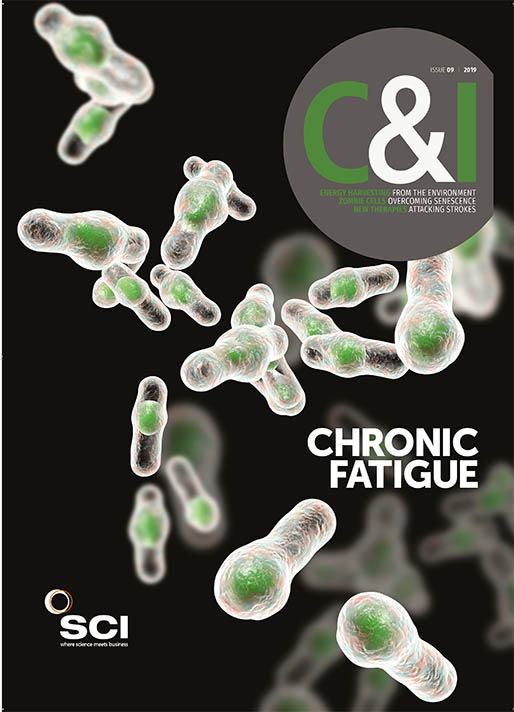China’s ban on waste imports has helped to throw Europe’s paper recycling sector into crisis, according to the trade group European Recycling Industries’ Confederation (EuRIC). A chronic oversupply of recovered paper has sent prices plummeting over the past two years.
The recycling industry collects and turns waste paper into recovered paper which paper mills use as a substitute for, or together with, virgin pulp to produce new paper. In Europe, paper recycling rates exceeded 70% in 2018, according to ERPA, the recovered paper branch of EuRIC. That year, Europe collected more than 56.5m t of recovered paper and used more than 48.5m t of recovered paper to produce paper.
This oversupply has lasted for more than ten years and was mostly exported into China until 2017 when China announced it would be reducing or even banning its import of global paper waste. Other Asian countries, such as Malaysia and Indonesia, have since decided to follow suit.
China, and other countries, have now implemented restrictions on imports based on level of impurities. ERPA says these are ‘disproportionately low and discriminatory’ since no standardised method to measure them is in place. This leaves operators in a constant state of legal uncertainty.
‘The absence of end-markets for 8m t of recovered paper over the last two years has resulted into a sharp decline of recovered paper prices whose market price was 300% lower in June 2019 than in June 2017,’ ERPA writes in a statement, adding that an increasing number of companies are closing temporarily or permanently. ‘Europe’s recycling industry can no longer bear such market conditions for a third year in a row on top of regulatory barriers that need to be addressed urgently. Extremely depreciated prices jeopardise the entire recovered paper collection value chain, including local authorities, which cannot finance proper collections based on the revenues generated by sales to recycling companies.’
ERPA calls for European and national authorities to take firmer action to prevent the implementation of trade restrictions based on ‘discriminatory and disproportionate criteria’. It also calls for: better 'eco-designs' to ensure paper can be recovered in all products; increased financial contributions to companies involved in the collection and recovery of waste paper; incentives to boost demand for products containing recycled paper fibres; and investments in digitalisation to help eliminate illegal exporting.





